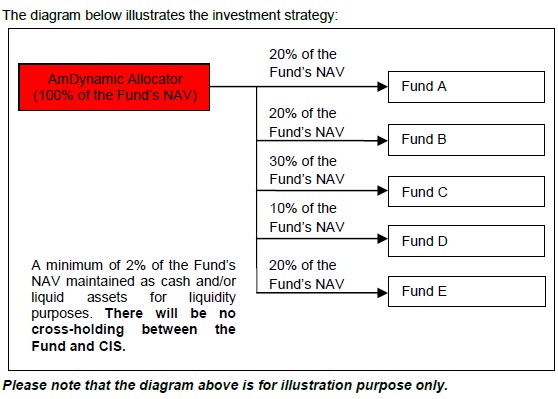After months of buildup, Europe’s sovereign-debt crisis has finally wreaked havoc on the U.S. stock market, as a wave of anxiety has prompted a major sell-off on Wall Street. We’ve seen a dramatically “risk off” environment with the Dow Jones Industrial Average dropping 3.52% — the biggest one-week decline since November — and the S&P 500 falling 4.3%. Among the hardest hit stocks were small caps and tech, with the Russell 2000 and the Nasdaq Composite falling 5.4% and 5.3%, respectively. To further underscore the risk-off environment, the yield on the 10-year Treasury still appears to be searching for a bottom, finishing at 1.702%, but falling below 1.700% intraday this week — a modern-era low.
Spring Swoon?
History may not be repeating itself, but it certainly is rhyming. Like the spring of 2010 and the spring of 2011, investors’ fears are coming to fruition and we are once again experiencing a “spring swoon.” Stocks are selling off and junk-bond spreads are widening, as concerns about the euro-zone crisis are weighing heavily on investors. While some strategists believe Germany may be softening its stance, yields on some EU periphery nations are skyrocketing and rumors abound that the European Central Bank is preparing for a Greek departure from the European Monetary Union. The problem seems to be fundamental to the structure of the EU and therefore there are no easy solutions: while there is one shared currency, there is no true central government with one shared ability to levy taxes or issue debt that all countries are responsible for.

A federal Europe and closer fiscal integration is the ideal solution but it does not appear to be close at hand. The fiscal compact was agreed to in principal in December 2011, which is an important step toward that goal, but it is still awaiting approval by some euro-zone members.
However, the U.S. economy continues to chug along, albeit slowly. Initial jobless claims remain well below 400,000. The Consumer Price Index was flat for April. In fact, the “oil choke collar” has disengaged, with crude oil falling nearly 5% this week to finish at $91.48 per barrel. New residential construction was higher than expected in April as well. One area of disappointment was leading economic indicators, which were slightly negative for the first time in six months, down 0.1% versus expectations of a 0.1% gain. This is largely attributable to a decrease in the number of building permits and an uptick in the number of unemployment claims.
Looser Credit
Last week’s release of the minutes from the Federal Open Markets Committee’s April meeting offers further insight into the U.S. economic picture. While generally bullish in its observation of measured economic growth, the FOMC highlighted a bright spot for the economy that may have been overlooked: banks are loosening credit standards. As reported in the minutes, “Bank credit slowed in March but expanded at a solid pace in the first quarter as a whole. The Senior Loan Officer Opinion Survey on Bank Lending Practices conducted in April indicated that, in the aggregate, domestic banks eased slightly their lending standards on core loans—C&I, real estate and consumer loans—and experienced somewhat stronger demand for such loans in the first quarter of 2012.” The Fed’s poll includes 60 large domestic banks and 24 U.S. branches and agencies of foreign banks.
And lower yields mean lower borrowing costs, which are stimulative. This lower cost of borrowing combined with long-awaited and much-needed easing of credit standards could be the one-two punch that the U.S. economy needs to continue to expand.
It is imperative that the situation be monitored closely but with the recognition that, for longer time horizons, higher-quality risk assets with substantial yields such as dividend-paying stocks continue to be attractive investment options. Dividends, which offer the benefit of getting paid to wait for better market conditions, may help steer portfolios until we see calmer seas.
Source: Allianz Global Investors































